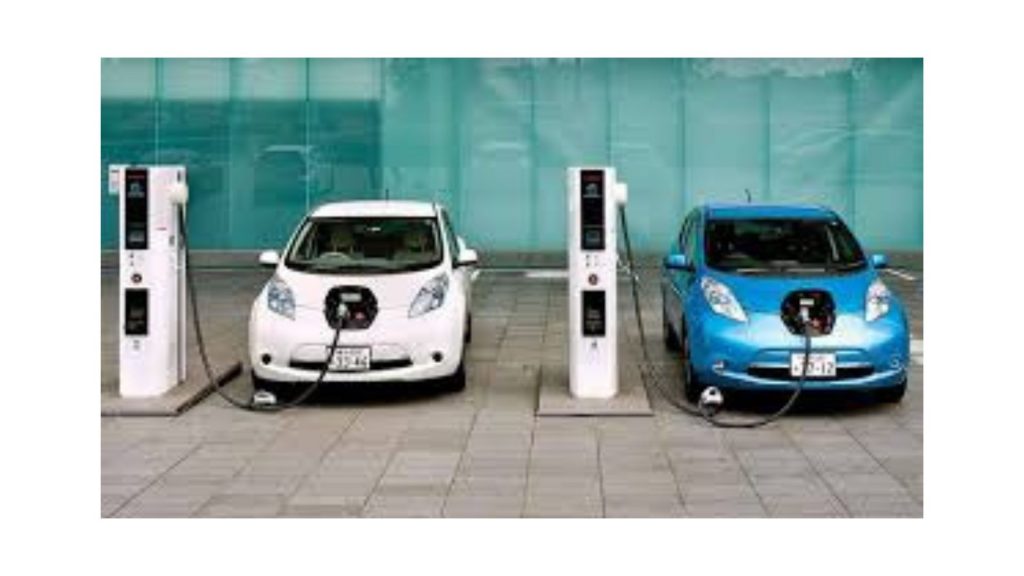An inter-ministerial conference to expedite the installation of 72,000 public charging stations is chaired by a union minister.
Bharat Heavy Electricals Limited is regarded as the nodal agency for demand aggregation and the creation of a unified EV super app. Union Minister for Heavy Industries H.D. Kumaraswamy chaired an inter-ministerial coordination meeting on Tuesday to review and expedite the implementation of EV charging infrastructure under the PM E-Drive scheme.
Senior representatives from the Ministry of Heavy Industries, the Ministry of Road Transport and Highways, and the Ministry of Petroleum and Natural Gas attended the conference in order to expedite the implementation of the massive infrastructure project that Prime Minister Narendra Modi spearheaded.
Around 72,000 EV public charging stations will be installed nationwide thanks to the PM E-Drive plan, which has a ₹2,000 crore operating budget. In addition to high-traffic locations including metro areas, toll plazas, train stations, airports, petrol stations and state roads, the stations will be positioned strategically throughout 50 national highway corridors.
In addition to coordinating the creation of a single digital super app that would act as a platform for EV customers throughout India, BHEL will act as the nodal agency for demand aggregation. In order to track nationwide deployment under the PM E-Drive scheme, the application will provide real-time slot booking, payment integration, charger availability status, and progress dashboards. Additionally, BHEL will work with ministries and states to gather and assess charger installation bids.
“India is headed towards becoming a worldwide leader in sustainable transportation under the visionary leadership of Prime Minister Shri Narendra Modi. The PM E-Drive program is a game-changing project designed to provide our inhabitants with easy, reasonably priced, and clean transportation options.” Minister Kumaraswamy stated, “We are laying the groundwork for energy security and green economic growth, not simply infrastructure.”
“The clean energy transition cannot succeed in silos,” the minister said, underscoring the need for cooperation for successful execution. “Our determination to function as a single government is reflected in this meeting. States, public sector organisations, and ministries are working together to produce tangible outcomes. We have faith that PM E-Drive will create green jobs, spark new industries, and provide smooth electric mobility to all Indians.”
In order to facilitate cleaner transportation and lessen India’s reliance on fossil fuels, the programme seeks to create an ecosystem that is EV-ready statewide. If the initiative is successful, it should greatly lower India’s transportation-related carbon emissions, encourage Made in India production of EV infrastructure, and provide the foundation for a future with net-zero mobility.

